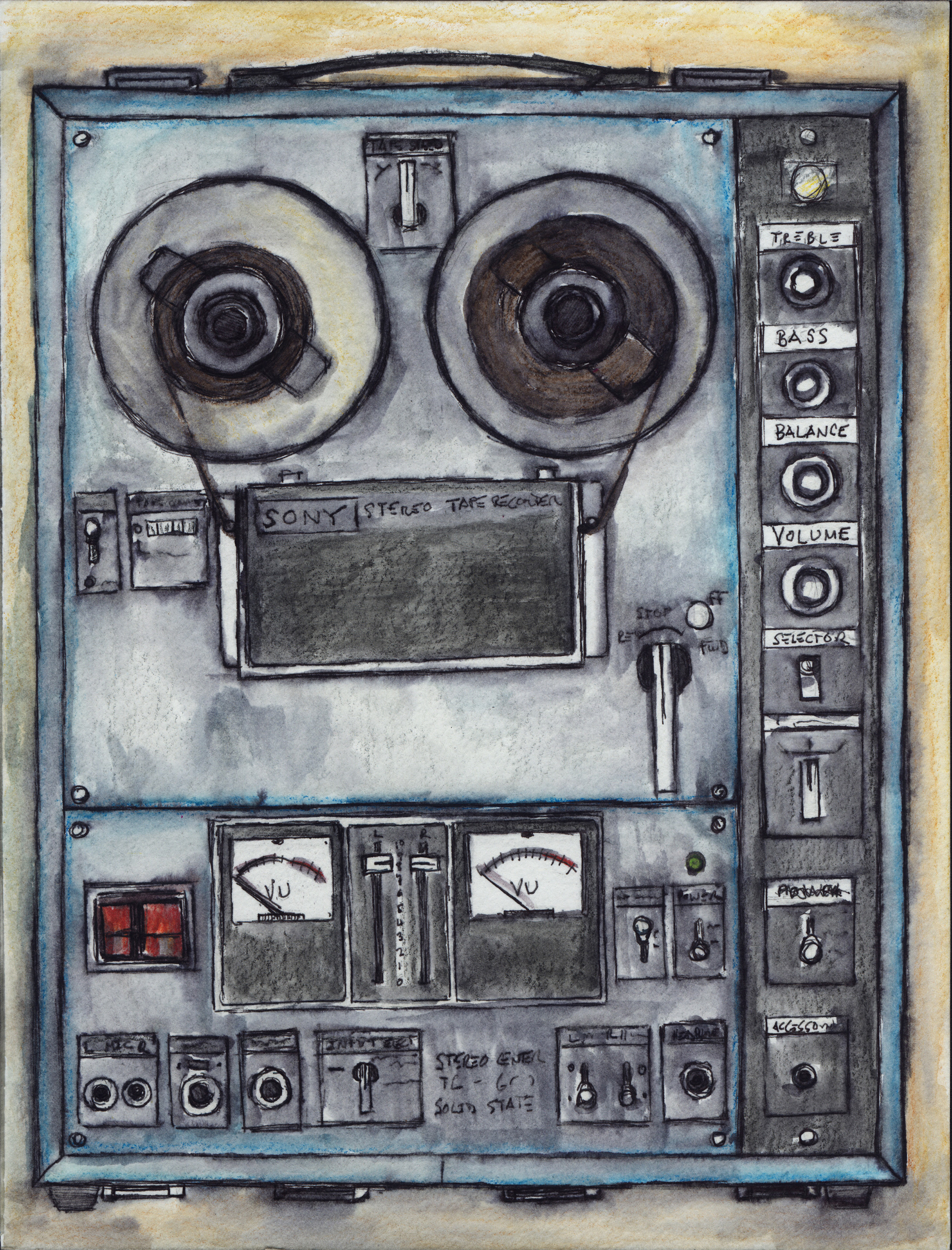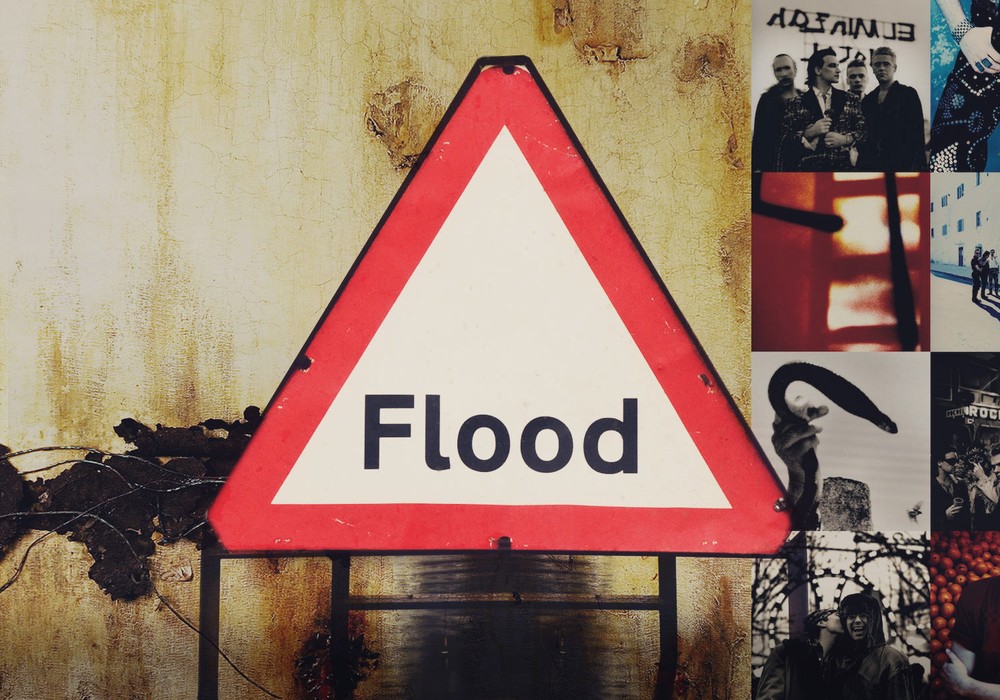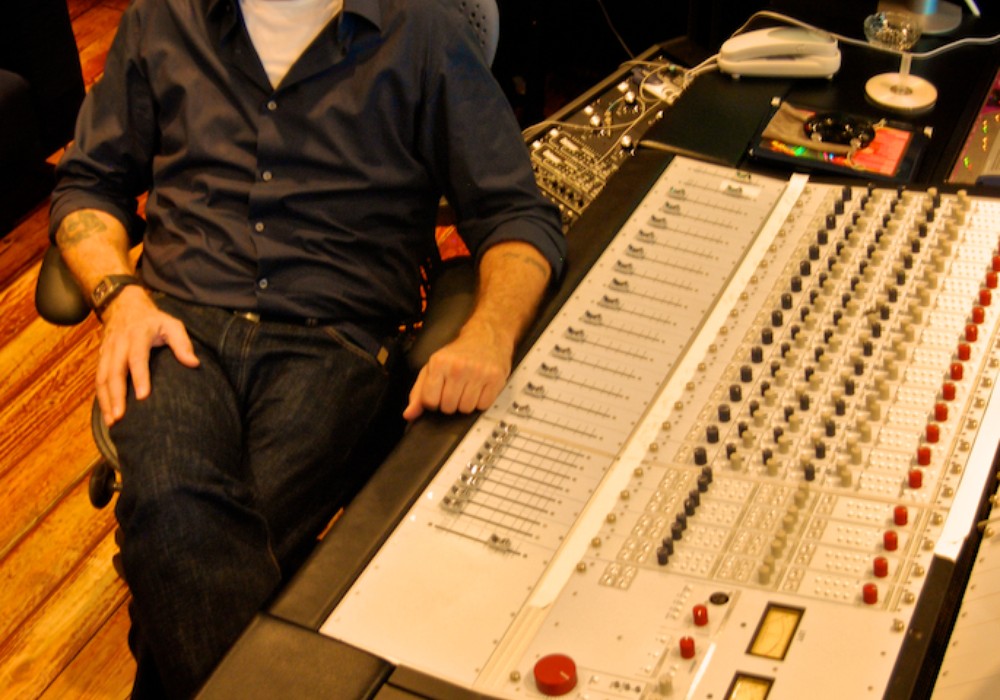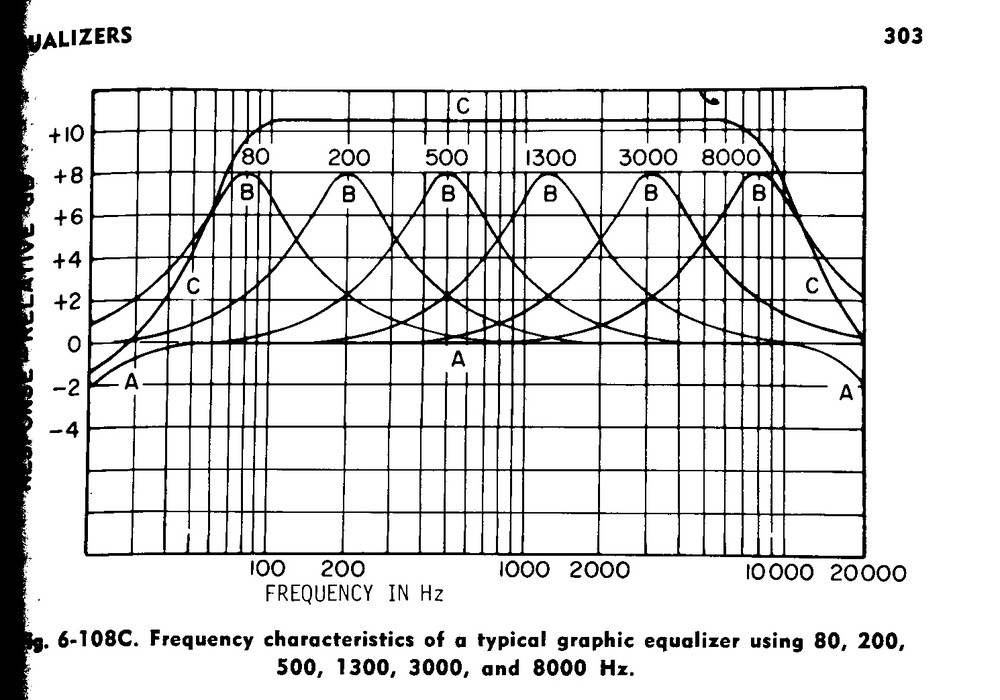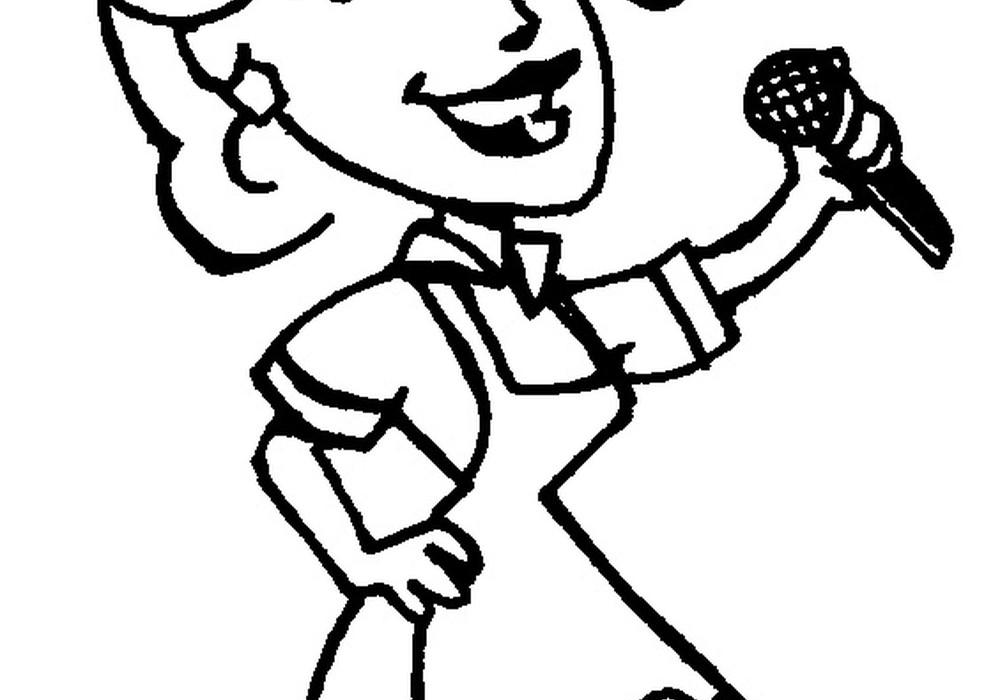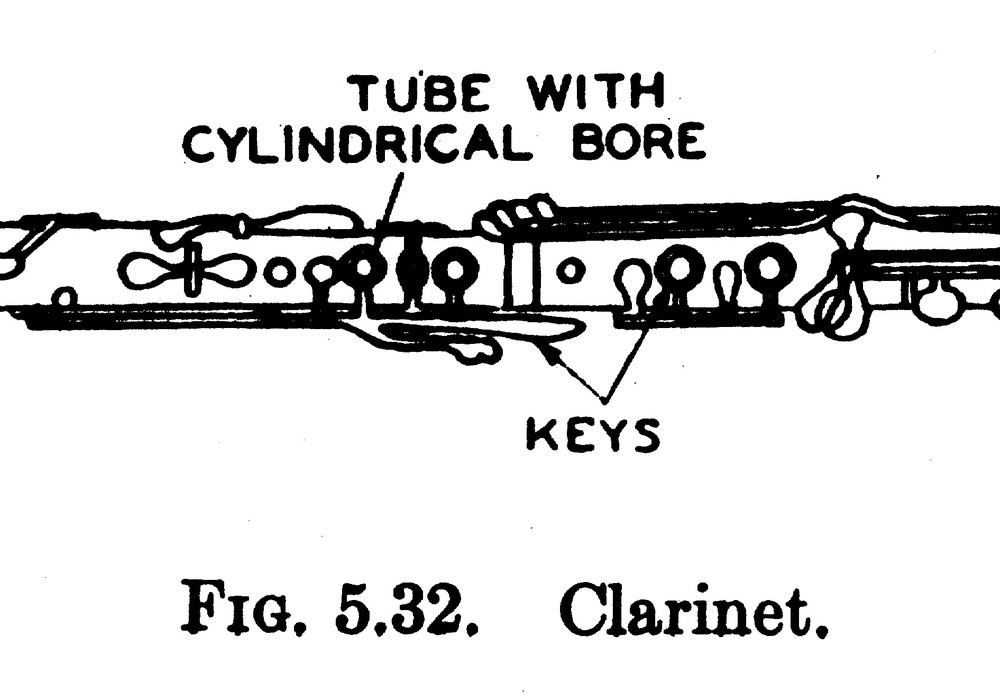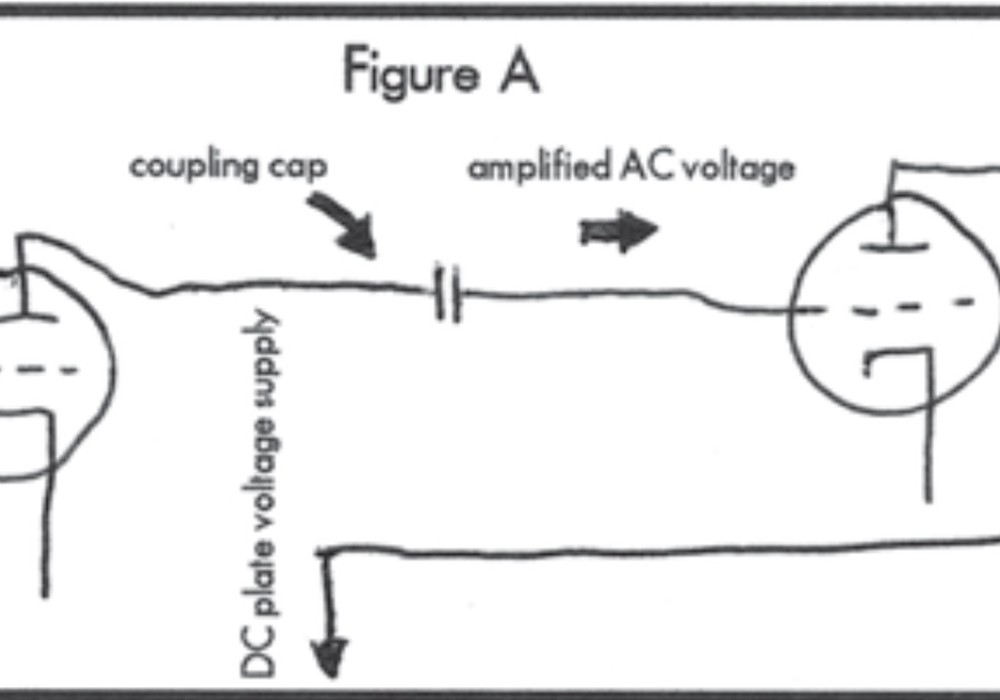Flood (aka Mark Ellis) could be called one of the most mysterious record producers working in the business by name alone, not to mention that most special way his ears hear music, and the extraordinary gift with which he translates that sound onto record. From revolutionizing U2's sonic landscape at the dawn of the 1990s by credibly delivering them into the electronic dimension with the 20-million selling album Achtung Baby, to the way he and fellow visionary Trent Reznor developed the sub-genre he'd invented throughout groundbreaking albums like Pretty Hate Machine and The Downward Spiral, Flood has been convincing bands to take artistic risks for decades, risks that often have turned out to be leaps in musical time. "1979," one of Smashing Pumpkins' most progressive hits, is one such sonic journey, as is Depeche Mode's futuristic-sounding Violator. They remain among so many other trail-blazing moments in his storied catalog. His co-pilot behind the boards for over 30 years, engineer Alan Moulder, a translator of sorts for Flood, who has remained an invaluable partner in his record-making process for both soundmen's entire careers, joins us here.
I wanted to start off by going back in time to when you and Alan Moulder first founded a production partnership, one that hasn't had a break in over 30 years. What has made you two work so well together, over so much time and through so many classic albums and hits?
Flood: Alan and I have worked together, and been friends, since '83 or '84, and we worked a lot in the same studio starting out as engineers. He's one of the best people you could end up trusting as a really good friend, but also professionally he's highly consistent. We've always worked really, really well together.
Alan: We both have the same sensibility about what we want from a record. We both want excitement and passion; and the same things get us excited, so we work very well together that way. Also, we're free to argue without fear of anything being personal. We always know if we're arguing, it's a creative argument. We actually enjoy arguing because it's more like you understand what the other person's hearing, and it makes you hear the song in another way you might not have thought of. We're free to say what we think without having to worry about each other's feelings, because we know nothing we say is meant to hurt that person's feelings. It's purely the creative war, if you like.
F: It's like, neither of us really takes the lead with one thing or the other. Alan tends to do more of the mixing, and I tend to do more of the recording. But the best thing is that we're completely honest, and the arguments the two of us have are phenomenal. It's a totally positive thing, because you can speak your mind and argue your point while being respectful of the other person, because they may well be right. You've got to be in a position where you can both trust each other and be respectful of that.
A: I think we basically enhance each other, in terms of we know what each other means. A lot of the time it's funny; we don't even have to talk. We can just look and know what each other means. It's almost like a secret language going on, because it only takes a little glance and we know, "Well, that's not happening" or, "That's good."
Flood, you've got a unique pedigree as a producer who's also a musician. How does being able to relate to both sides of the board make you better in your craft?
F: I suppose calling myself a musician is probably a very bad term. I would say the reason I became a producer is because I was probably the world's worst guitar player. I've never had a formal lesson in my life. I suppose I've just trusted my instinct of what I hear, and then applied it in a way that if I'd had the formal training, I wouldn't necessarily do. A lot of the decisions come from the phonics. I feel, really, that you've got to have some musicality in order to be a producer. Unless you're one of these people who come in and it's more about arranging the people and getting the right beat, in the right place, at the right time. Otherwise I think it's not fair on the people that you're working with that you can't communicate with the music. So often a lot of bands aren't technically trained, or if they are technically trained you see how frustrating it can be when you're very technically-minded. You can't see, "Oh, maybe it's something deceiving my ears, but there has to be a different reason for it." That's what I specialize in. Because I'm really not a musician, it's just what I hear in my head. Most of the people I work with are like, "Oh, yeah; I hear that too," or, "I hear a bigger or better version of it." So I think you have to have some musicality, or some sense of it, in order to respond to people in a band.
With U2's groundbreaking Achtung Baby, you produced arguably one of the most successful gambles a mainstream rock...
The rest of this article is only available with a Basic or Premium subscription, or by purchasing back issue #117. For an upcoming year's free subscription, and our current issue on PDF...
Or Learn More
